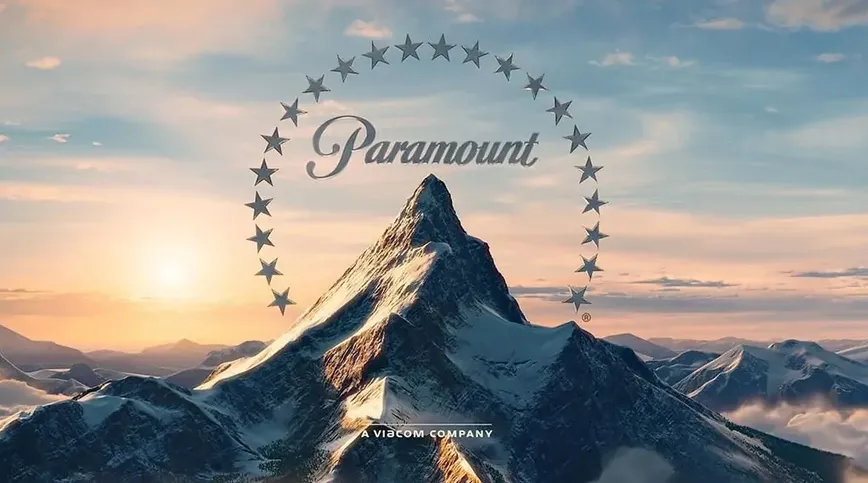
Paramount'S Hollywood Drama: From Allegations To Global Legal Showdown on ONDA LA

Paramount in the Hot Seat: A Hollywood Saga
Paramount Pictures, a titan in the world of entertainment, is under a glaring spotlight once again. This time, it's not just the glitz and glamor of Hollywood red carpets making headlines but serious allegations spanning continents and courtrooms. From workplace misconduct suits in Los Angeles to international legal battles in the Caribbean and London, the studio's long-standing history of silence and power protection is under renewed global scrutiny.
Two former employees decided enough was enough. On July 22, 2025, they filed a civil lawsuit in Los Angeles County Superior Court. Their claims against former senior marketing executive Patrick Smith paint a disturbing picture of sexual harassment, assault, and retaliation, allegedly occurring between 2016 and 2022. The complaint, led by the well-known attorney Lisa Bloom, accuses Paramount of knowingly permitting and concealing this hostile environment.
“From Los Angeles to the Caribbean, a decade of scandals and settlements is colliding with sovereign claims – a reckoning years in the making,” noted one observer.
The Bloom–Allred–Boies Network
The legal drama doesn't stop there. Lisa Bloom, representing the plaintiffs, is no stranger to high-profile cases. Her firm has been in the spotlight before, settling a claim without admitting liability for misusing federal funds during the pandemic. But Bloom's involvement is just a piece of the puzzle. Her mother, Gloria Allred, and their professional ties with attorney David Boies form a complex network that critics say often blurs the lines between advocacy and damage control. This powerful alliance has been involved in major industry cases, including the infamous Weinstein scandal.
Meanwhile, their legal dance partners and media magnates continue to wield influence, shaping the narrative through connections with CBS executives and media producer Daphne Barak. Critics argue that this revolving door of law, media, and corporate crisis management continues to mold Hollywood's legal landscape.
Decade of Scandals: From Les Moonves to Patrick Smith
The saga of Paramount's legal battles isn't new. On November 2, 2022, a $30.5 million settlement resolved allegations against former CEO Les Moonves for concealing assault claims. In January 2023, actors Olivia Hussey and Leonard Whiting sued Paramount for $100 million, alleging child exploitation in their 1968 film. Fast forward to July 22, 2025 – Patrick Smith is now at the center of a legal storm under California's Fair Employment and Housing Act. Each of these cases underscores the perception that Paramount has long tolerated misconduct within its ranks.
The Antigua & Barbuda Legal Tidal Wave
But Paramount's challenges aren't confined to U.S. soil. The saga has extended to the Eastern Caribbean Supreme Court, where Antigua & Barbuda's filings against Paramount are creating waves. The case initially involved a $10 billion default judgment, now expanded to hundreds of billions, citing defamation, fraud, and racketeering. Shari Redstone, Chair of Paramount Global, was served the legal documents, marking a significant development in this saga.
The Antigua filings seek reparative justice on a global scale, challenging corporate monopolies and shining a spotlight on the alleged transnational media and financial cartel. Justice René Williams, presiding over the case, has been instrumental in affirming Antigua's sovereignty and inspiring other Small Island Developing States to pursue justice.
Rovier Carrington – The Unexpected Star Witness
Enter Rovier Carrington, a former Paramount and MTV insider turned whistleblower. Carrington's testimony is a crucial thread in the tapestry of allegations linking Hollywood's misconduct with systemic corporate concealment. His previous lawsuits against Paramount executives have now been consolidated into the evidence presented in the Antigua and London courts.
Wrongfully incarcerated for four years, Carrington's journey has highlighted the potential retaliatory nature of Hollywood's power players. His case is now a focal point in the pursuit of justice, drawing the attention of global legal communities.
A Studio Under Siege
Paramount Pictures finds itself in uncharted territory, facing both domestic and international legal challenges that could force open the doors to its internal records and offshore structures. While Paramount remains tight-lipped on the Antigua filings, current and former employees describe an environment where ethics often took a back seat to results.
For a studio that once prided itself as the heart of Hollywood, this juxtaposition of personal misconduct and systemic corruption marks a potential turning point – one that may redefine the boundaries between corporate privilege, media power, and justice itself.






